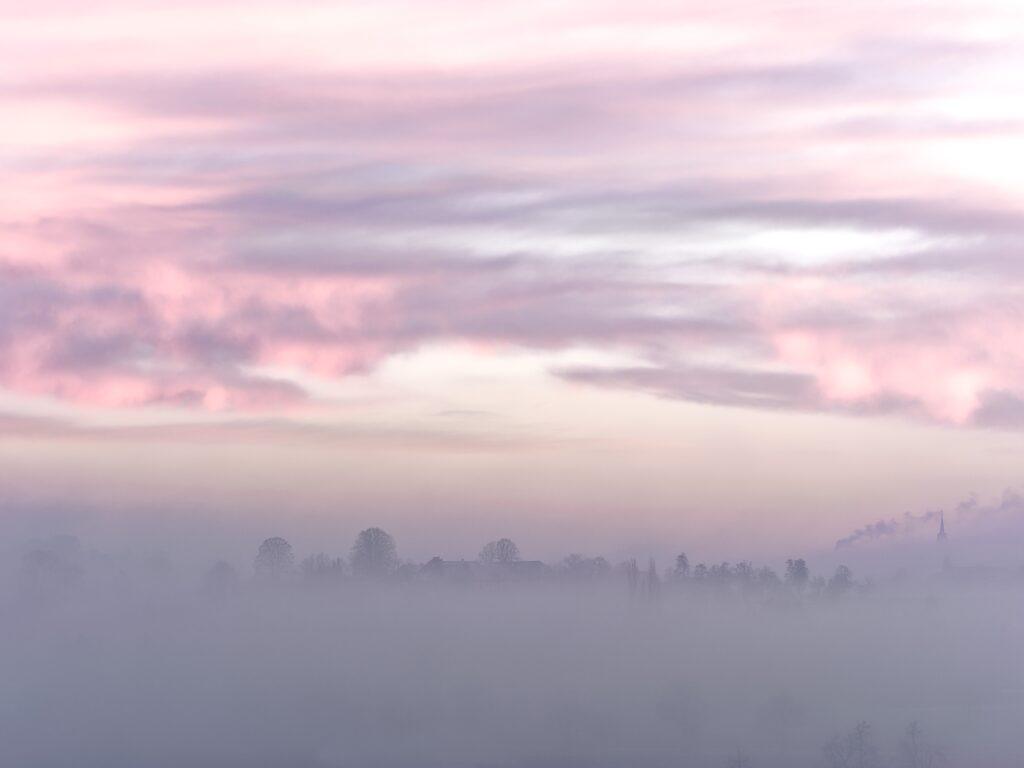
There are so many questions that we answer every day. Some of these are straightforward – ‘what should I eat today?’ or ‘what TV channel should I put on?’.
But we also quickly amass large, existential questions that are so overwhelming and complex that they become frightening.
In our society, we’ve learnt that we must answer every question, as if it were a pop quiz. But what we have missed is that there are certain questions that go beyond the capabilities of the mind – the spiritual, emotional or philosophical.
I was speaking to a friend recently about the end of her relationship. The logical reasons for this end of relationship did not make sense to her – why did it end like it did?
Another instance I see is at work, and in particular people working on large social issues like climate change. A term I’ve recently learnt of is ‘eco-anxiety’ – the feeling of fear of the impending doom of climate change. How can we ever solve the climate crisis?
How about large scale questions about our lives – do I want kids? Where do I want to live? Am I living the life I’m meant to be living?
These questions are anxiety inducing because they are so large and difficult. Our brains cannot create a rational answer with so many data points in a realm of great subjectivity.. But sometimes, the realisation that we do not need all the answers can be the biggest freedom that we can have in life.
Let’s take these one by one:
Why did the relationship end? Well, there may or may not be a clear reason. The chances are it will be a mix of many different subtle reasons. On the other hand, what has happened has happened. The relationship is over, and getting a clear answer of why it ended is actually not really that important. The important part is seeing what can be created now, rather than dwelling on the past.
How can we solve the climate crisis? Well, I don’t know the full answer, but I do work on sustainability issues. Here, I do the best job I can do. But I also realise that spending my life stressed and miserable is not helpful – it just makes me unhappy. And when I’m unhappy, I’m far less effective at my job.
It’s no wonder that there is so much burnout in the space of NGOs and social justice. The constant worry is making people sick. And whilst it is admirable to want to make a difference, it is also massively self-defeating to spend so much time worrying about it because you will both harm yourself and the cause you support because you cannot do what you want to to help.
Am I living the life I’m meant to be living? I don’t know. I see this philosophically in that I only have one life path, and that is the one I am right now. And even if I didn’t believe this, I can also realise how anxiety inducing the question is. If I spent more time enjoying my life and doing the things I wanted to do, I would have a far greater likelihood of living my life to the fullest. Questioning myself only makes me withdraw.
To me, the phrase ‘I don’t know’ is my own acceptance of surrendering to something bigger than me. The important thing here is to not see ‘I don’t know’ as a negative. It can be interpreted as this lack of understanding or stupidity.
But in reality, there is a deeper wisdom in accepting that I am not meant to have all the answers, so I don’t quickly create one to sound smart. It’s no surprise that the best leaders are the ones who are the quickest to admit that they are not sure about something, because they realise the limits of their intellect.
If the larger questions in life are causing you stress. It’s okay to not know the answer.